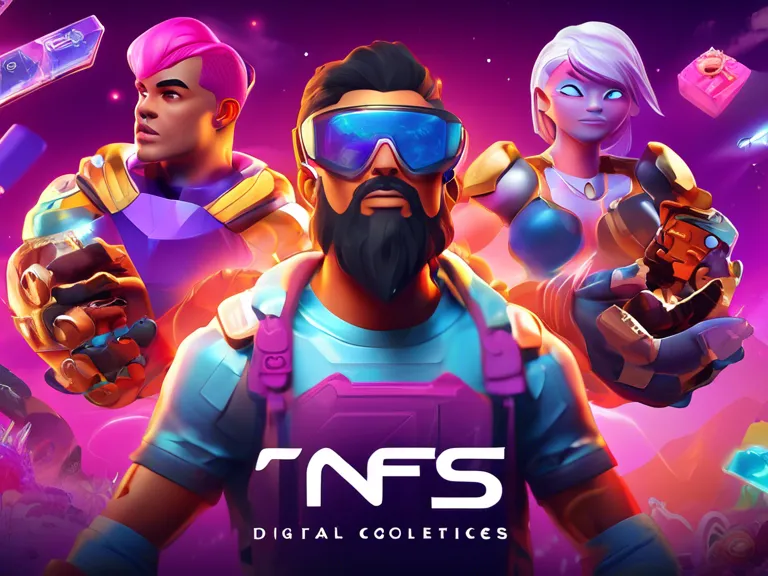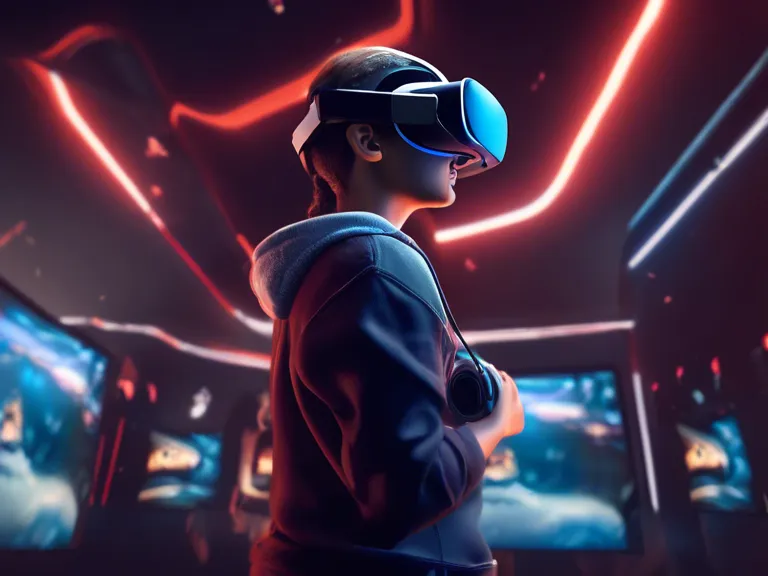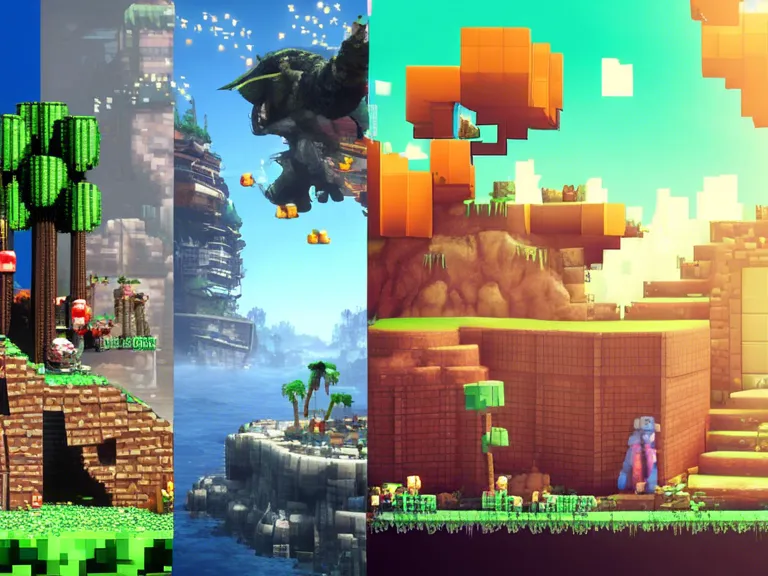
Introduction
In the ever-evolving landscape of gaming, digital collectibles have taken center stage with the rise of Non-Fungible Tokens (NFTs). NFTs have revolutionized the way gamers collect, trade, and own in-game assets, opening up a whole new world of possibilities and opportunities. This article delves into the concept of digital collectibles in gaming and explores how NFTs are transforming the gaming industry.
What are Digital Collectibles?
Digital collectibles are unique virtual assets that exist on a blockchain, making them one-of-a-kind and irreplaceable. These can range from in-game items such as skins, weapons, characters, to virtual real estate and artwork. Unlike traditional digital assets, digital collectibles are verifiable, scarce, and cannot be replicated or forged. This uniqueness is what sets them apart and gives them inherent value.
The Role of NFTs in Gaming
Non-Fungible Tokens (NFTs) are cryptographic tokens that represent ownership of a unique item or asset. In the context of gaming, NFTs enable players to truly own their in-game assets by minting them on a blockchain. This ownership is secured by the underlying technology of blockchain, ensuring that the assets cannot be duplicated or tampered with. NFTs have brought a new level of authenticity and ownership to digital collectibles, allowing gamers to buy, sell, and trade their assets with confidence.
Benefits of Digital Collectibles and NFTs in Gaming
- Ownership and Value: NFTs give players true ownership of their digital assets, allowing them to monetize their in-game items and create value.
- Interoperability: NFTs are interoperable across different games and platforms, enabling seamless transfer of assets between ecosystems.
- Scarcity and Exclusivity: Digital collectibles can be limited in supply, creating scarcity and exclusivity that drive demand and value.
- Community Engagement: NFTs foster a sense of community and engagement among players, as they can trade and interact with each other in a decentralized marketplace.
Use Cases of NFTs in Gaming
- Play-to-Earn Games: NFTs enable players to earn real-world value by playing games and collecting rare in-game assets that can be traded or sold.
- Virtual Real Estate: Players can buy, sell, and own virtual land and property in games, creating opportunities for investment and development.
- Collectible Items: Rare skins, weapons, characters, and other in-game items can be tokenized as NFTs, allowing players to collect and trade them.
Challenges and Considerations
While NFTs offer exciting possibilities for the gaming industry, there are also challenges and considerations to be aware of. These include issues of scalability, sustainability, regulatory compliance, and the environmental impact of blockchain technology. It is essential for developers, players, and stakeholders to address these challenges and work towards a more sustainable and inclusive gaming ecosystem.
Conclusion
Digital collectibles powered by NFTs are reshaping the gaming landscape, offering new ways for players to engage, own, and monetize their in-game assets. As the technology continues to evolve, we can expect to see more innovative use cases and opportunities emerging in the intersection of gaming and blockchain. Embracing this paradigm shift can open up a world of possibilities for gamers, developers, and investors alike, paving the way for a more decentralized and immersive gaming experience.



